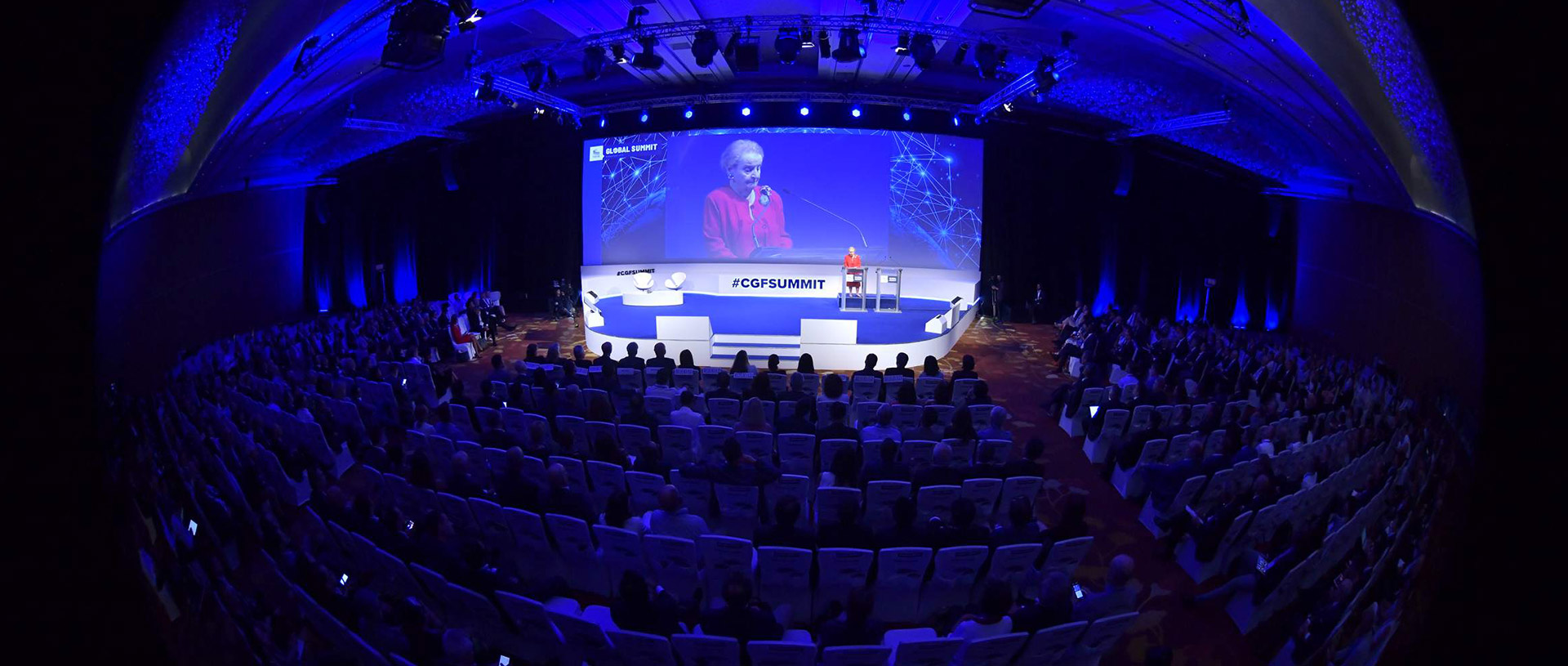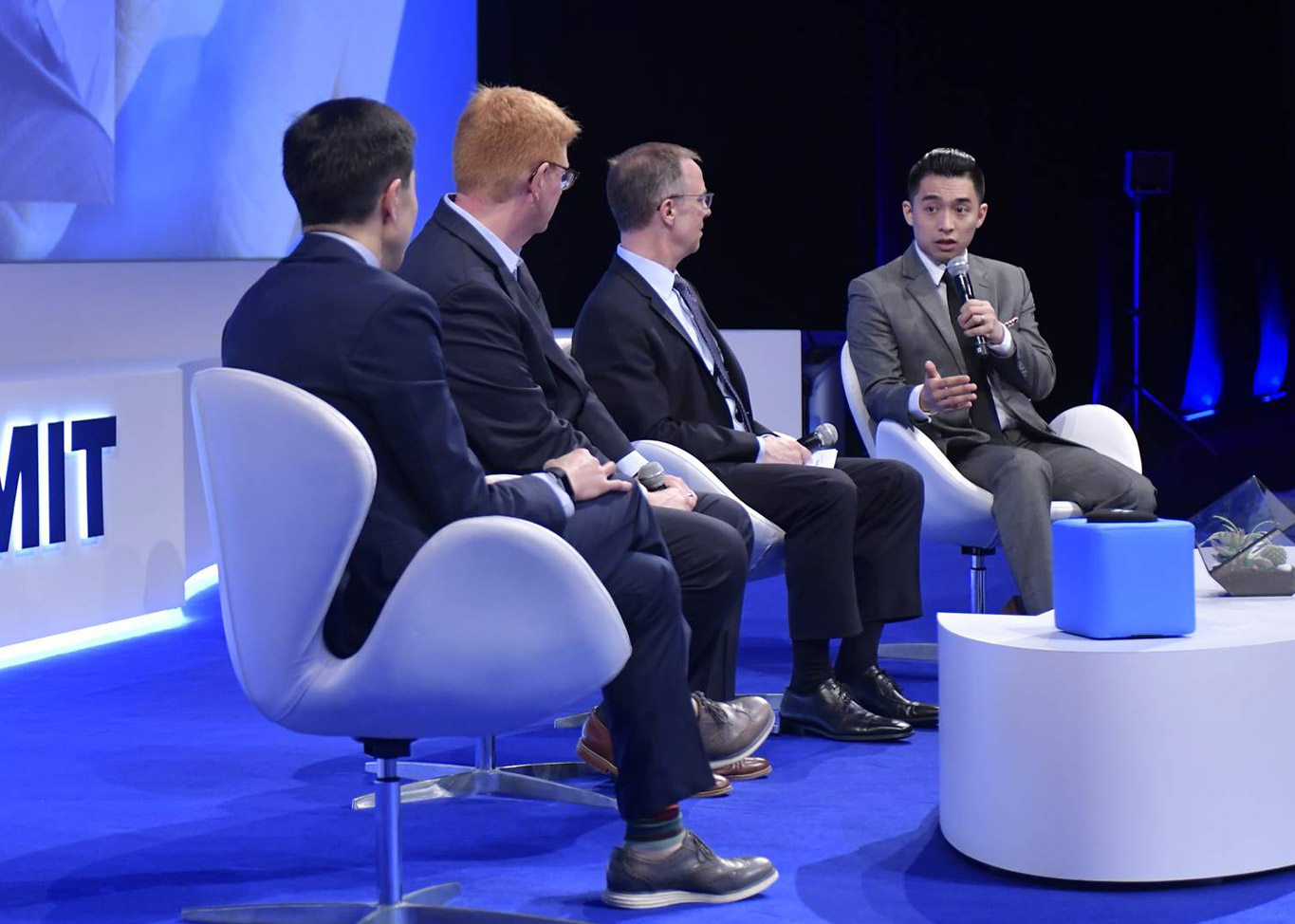4. From locations to loans: Creating new businesses with data
Take a look at one of the ways Grab managed to create a new business line using the data it collects from passengers.
By analysing travel patterns, the company was able to determine, among other things, how credit-worthy their customers are.
For instance, if the customer travels frequently to the gym or to the office, it is likely that his or her credit score is decent. Grab will thus be more inclined to offer the customer a loan at a lower interest rate. In contrast, numerous trips to the casino raises a red flag that will decrease the likelihood of Grab extending a loan to the individual.
“[We can access their data] with [the customers’] approval, because they want to borrow from us. We can see what they’re paying, buying, or what food they’re eating. Then, I can create essentially a profile, not just for lending, but also of the entire person,” said Tan.
“We have over a US$700 million (S$960.3 million) lending portfolio. We have a below 1 per cent default rate. I’m telling you with a tremendous high level of confidence because I know that if a person is going to a casino, I’m probably not going to lend to that person,” he explained.
Companies in the consumer goods industry are also creating new business models that are informed by data.
With the buying preferences of consumers shifting online, Procter & Gamble (P&G) was forced to rethink how consumers buy their products.
The company decided to trial a direct-to-consumer subscription-based sales model through its “Tide Wash Club”, after data of changing consumer buying preferences and falling retail sales showed that selling online was one way to regain market share and compete with other digitally savvy rivals. The company also introduced a “Gillette Shave Club” subscription service to rival the “Dollar Shave Club”, a competitor providing grooming products to customers via a subscription model.
5. Boosting industry talent in a data-centric economy
Without proper analysis, data is just a spreadsheet of numbers. The ability to translate data into meaningful insights is a specialised skillset, and the right talent is hard to come by.
The huge demand for skilled talent in data science and analytics, is one reason why Singapore, with its emphasis on building the next generation of data specialists, has emerged as one of the leading Asian hubs for the consumer goods industry.
“Singapore’s workforce development programmes focus on building digital skillsets. These programmes have helped groom a ready talent pool to support companies’ growth aspirations, where there is an urgent need to digitalise value chains — from research and development, manufacturing, to supply chain — in order to elevate the customer experience,” said Chan Ih-Ming, Director of Consumer Businesses at the Singapore Economic Development Board (EDB).
Indeed, to leverage Singapore’s vast pool of talent, strong infrastructure and research capabilities in the field of applied data analytics, many international companies in the Consumer Packaged Goods industry, such as Unilever, Nestle, and Johnson & Johnson, have established data analytics and digital teams in Singapore.
For instance, as part of its regional focus for South-East Asia and Australasia in Singapore, Unilever has embarked on several new data projects, including one that involves the utilisation of data analytics to predict consumer behaviour. It has also been transforming its bricks-and-sheds supply chain in the region into a retail logistic chain that is driven by big data.
US consumer goods giant P&G has also set up a US$100 million (S$137.2 million) digital innovation centre in Singapore, in partnership with EDB. A first of P&G’s to be situated outside of the US, the centre undertakes end-to-end digital innovation projects across supply chain management, e-analytics, and e-business.
This is a clear sign of the confidence in Singapore’s vision to be Asia’s epicentre of the digital economy.









